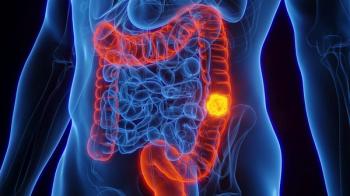
A centralized mailed FIT outreach intervention significantly improved CRC screening in a diverse patient population, according to recent data

A centralized mailed FIT outreach intervention significantly improved CRC screening in a diverse patient population, according to recent data
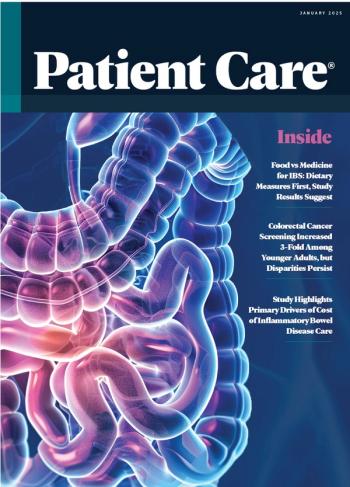
Find details on US colorectal cancer screening rates, dietary interventions for people with IBS, and research on the primary drivers of cost of IBD care.

Your daily dose of the clinical news you may have missed.

William Grady, MD, coauthor of the ECLIPSE clinical trial, discusses the study's rationale, methods, and key findings.

Your daily dose of the clinical news you may have missed.

Your daily dose of the clinical news you may have missed.

Your daily dose of the clinical news you may have missed.

ACG: Mortality associated with both early- and late-stage EO-CRC rose most significantly among young adults aged 20 to 44 years between 2000 and 2022, new research reveals.

ACG 2024: New study results indicate GLP-1 RAs have a potentially protective role to play in combating EO-CRC, the incidence of which is notably rising worldwide.
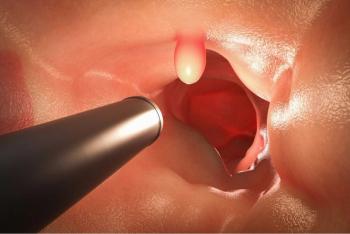
More than half of US adults who had a colonoscopy in past 5 years said they wish they knew more information before their first procedure.

Nearly 40% of adults aged 45 to 50 years completed a fecal immunochemical test within 3 months, according to a large retrospective study.

Your daily dose of the clinical news you may have missed.

Your daily dose of the clinical news you may have missed.

Increases in CRC screening were higher in high socioeconomic status and metropolitan areas, according to a new large cohort study.

Cologuard Plus bests its previous iteration and demonstrates greater sensitivity and specificity for any CRC relative to fecal immunochemical tests.
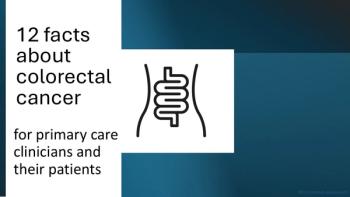
Having a PCP is linked to higher rates of screening colonoscopy and improved overall survival. Review these 12 facts about CRC and share them with your patients.

Your daily dose of the clinical news you may have missed.
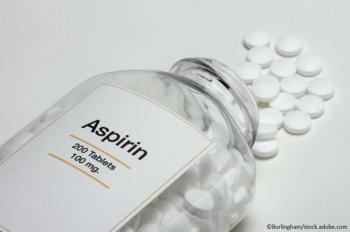
Regular aspirin use was associated with a greater absolute reduction in CRC incidence among adults with unhealthier lifestyles, according to recent research.

Your daily dose of the clinical news you may have missed.

The Shield blood test is approved for primary CRC screening in adults 45 years and older at average risk for the disease.

Your daily dose of the clinical news you may have missed.

GLP-1RAs were associated with a significantly reduced risk of obesity-associated cancers including gallbladder cancer, pancreatic cancer, and meningioma.

DDW 2024. An investigational blood-based screening test demonstrated nearly a 80% sensitivity for detecting CRC, according to a large prospective study.
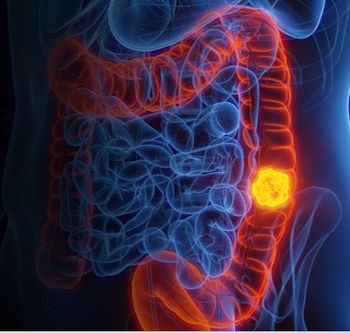
DDW 24. Among patients aged 15 to 19 years, the incidence of CRC rose 333% over a 22-year period, researchers reported.

Your daily dose of the clinical news you may have missed.